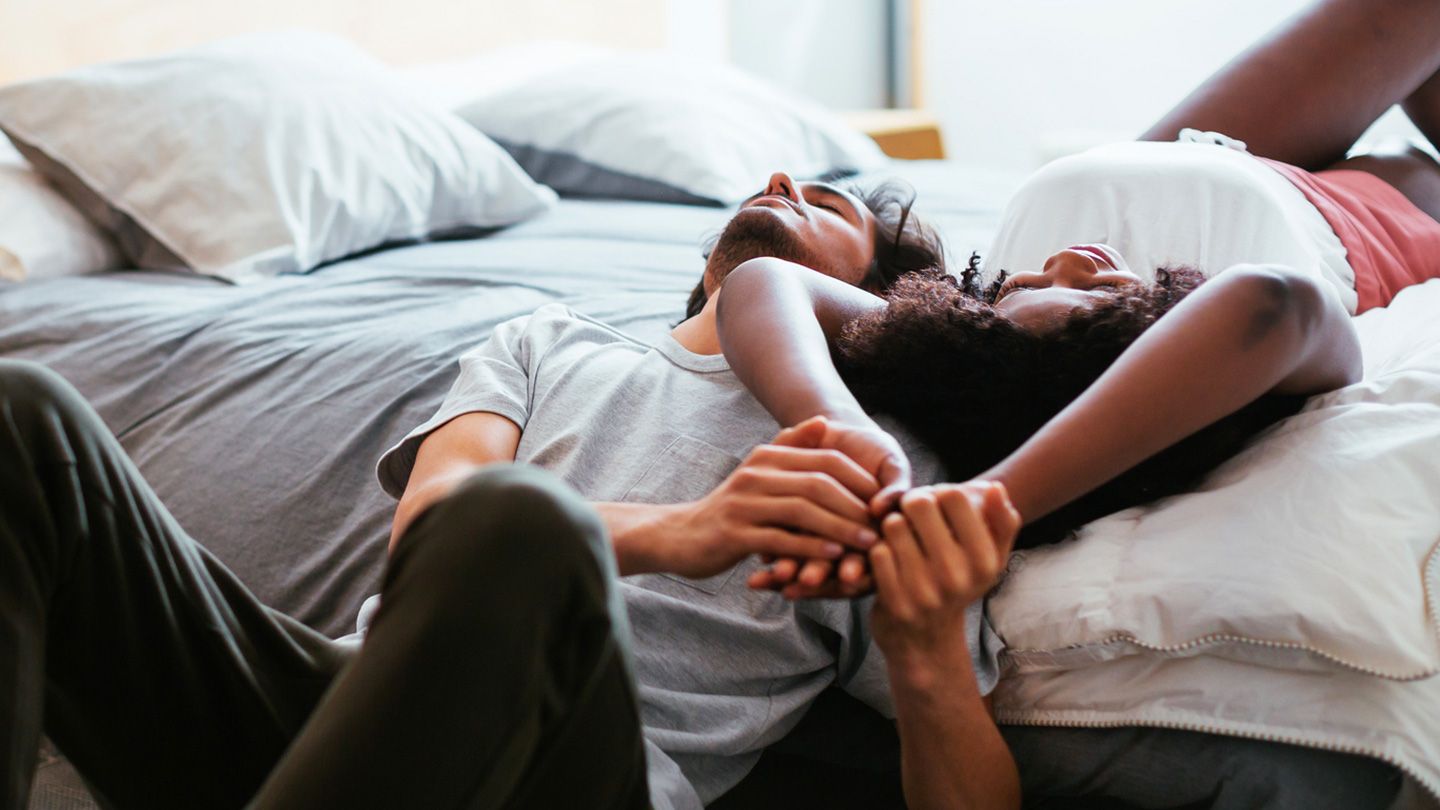Rib pain after sexual activity is an experience that does happen most of the time. While this is not a commonly discussed question, it is important to address this pain, as it can be a source of worry for many people. In this blog post, we will discuss the potential causes of rib pain after sexual activity, ways to prevent it, and effective remedies to ensure a more comfortable and enjoyable intimate experience.
Understanding The Link Between Rib Pain and Sexual Activities
The rib cage is a collection of bones that forms a protective enclosure around vital internal organs, including the heart and lungs. It’s a remarkable structure that comprises a group of bones connected to the spine at the back and the sternum at the front. While its primary function is safeguarding these delicate organs, the rib cage is also involved in respiration, providing support for the muscles used in breathing.
Sexual activity can apply pressures and forces on the rib cage, potentially leading to discomfort and pain. The experience of rib pain following sexual activity can differ widely among individuals. While some may only experience mild discomfort, others may endure more severe pain that necessitates medical intervention.
What Causes Rib Pain After Sexual Activities?
There are many reasons why you might have rib pain after sexual activities:
- Muscle Strain: Sometimes, engaging in particular sexual positions or activities can strain the muscles in your ribcage, especially if you’re using your upper body a lot. This strain can lead to muscle soreness and pain.
- Bruising or Injury: If things get a bit too enthusiastic during sex, it’s possible to accidentally bump or bruise your ribcage, which can cause pain.
- Cramps: You might experience what are sometimes called “side stitches.” These are basically muscle cramps that can happen during or after physical activities, including sex, and they can result in sharp pain in the rib area.
- Costochondritis: This is when the cartilage that connects your ribs to your breastbone becomes inflamed. It may cause tenderness and pain in your chest and ribs, which can be aggravated by certain sexual positions or movements.
- Intercostal Muscle Strain: These are the muscles between your ribs that help with breathing and ribcage movement. Straining them during sex or other physical activities can lead to rib pain.
- Underlying Medical Conditions: In some cases, rib pain may be a symptom of a more serious issue, like pleurisy, rib fractures, or even a cardiac problem. If the pain is severe, persistent, or comes with other concerning symptoms, it’s crucial to seek medical attention.
Tips to Avoid Rib Pain After Sexual Activities
To avoid rib pain after sexual activities, consider practicing the following tips:
- Just like you’d stretch before a workout, take it easy at the beginning of your sexual activities. This helps your muscles get used to the movement and lowers the risk of strains.
- Pick positions that won’t make your ribs or upper body feel like they’re doing acrobatics. Experiment with ones that keep you relaxed and cozy.
- Don’t rush. Going too fast can lead to accidental bumps or overexertion, potentially causing rib pain.
- Being well-hydrated prevents muscle cramps. So, make sure you’ve had enough to drink before getting busy.
- Deep breaths help to relax your muscles and could ward off cramps. Focusing on your breath can also make the whole experience more enjoyable.
- Open and honest communication with your partner is vital. If something doesn’t feel right or you’re in pain, let them know. Adjusting positions or slowing down can help.
Conclusion
In conclusion, dealing with rib pain after sexual activity can be pretty distressing. It’s essential to approach this issue with empathy and care. The discomfort you’re feeling could be due to various reasons, like strained muscles, accidental bumps, or cramps. To make things more comfortable and enjoyable, try the above tips.
However, if the pain sticks around or gets worse, don’t hesitate to reach out to a doctor. They can provide you with the right guidance and ensure there are no underlying health concerns.







